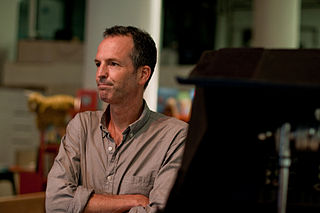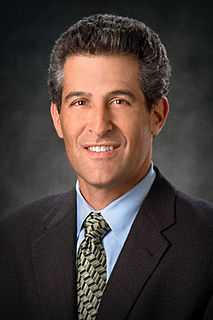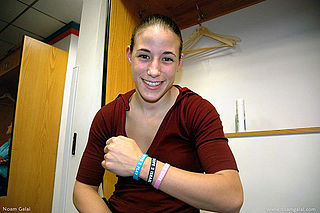A Quote by John Hodgman
This is something that the nimblest standup comedians learn, over time, to handle gracefully. They'll go between prepared material, then they'll respond to what's happening in the room and weave it back into the prepared material and so on.
Related Quotes
I will do a lot of research and create a lot of material for use in one painting. And then I go on discovering and working with a whole other range of material in another painting. I'm interested in a fairly comprehensive and orchestrated synthesis that might bring about a new situation consisting of this hidden material. I'm interested in hidden source material.
The pace is different on a film set. It's slightly slower, allowing for a little more wiggle room. Sometimes there is a bit more room to explore and work on the floor. On a TV set, you really have to be ultra-prepared and ready to deliver because time is so tight. Not that you don't have to be prepared for film.
There were times when I thought I had to be completely off-book and ready to give my opening night performance at the audition, but then I swung back to a more relaxed view of it. Certainly you've looked at the material and prepared it, but there's no reason to be off-book. You're not getting points for being off-book.


































